Fight to Repair is a reader-supported publication. Sign up to receive updates in your inbox. (It’s free!) Or become a premium subscriber for access to exclusive content and live events!
Apple has indicated that it will adopt USB-C ports in its iPhone 15 to comply with new European regulations that require USB-C as a standard cable. But the included cables Apple will ship won’t support fast charging, and the EU regulations omitted any cable specifications, according to reports.
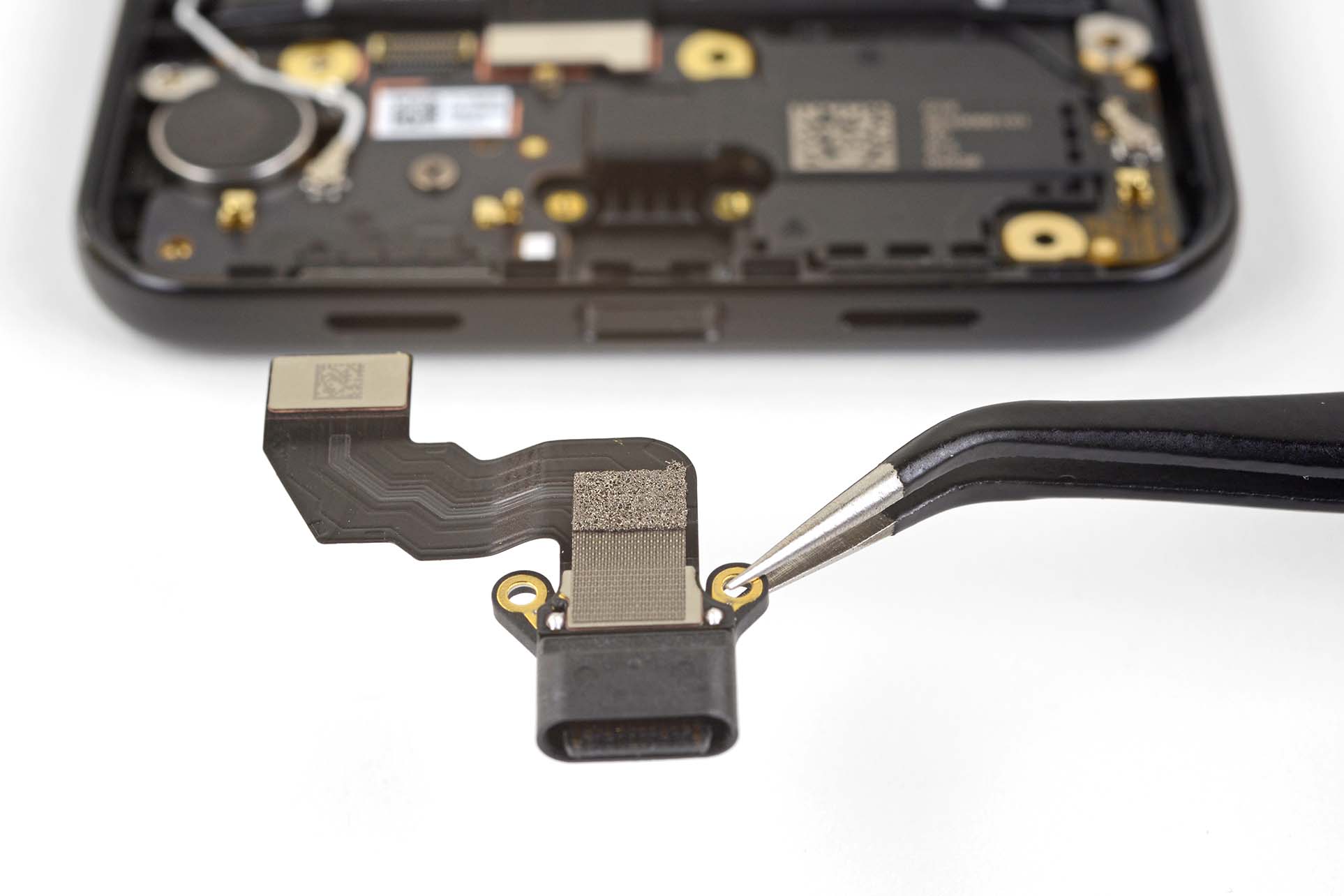
That sets up a possible conundrum for iPhone owners, who will have to choose between a subpar USB 2.0 cable with slow data transfer speeds that comes with their iPhone 15 and a fast-charging, Apple-certified charger that would need to be purchased separately and would allow Apple to extract fees from manufacturers to receive the company’s official Apple MFi (Made for iPhone/iPod/iPad) certification—as currently happens with its Lightning connectors.
Still, as this article notes, the existing Apple Lightning Cable used by iPhones was already recognized as older (and slower) technology than USB-C, with fewer physical contact points and an older design. So even a slower USB-C might still be a lot faster than the existing Lightning connectors. So why stick with it? Because sales of cables—not to mention the licensing and fees third-party manufacturers must pay to produce them and have them recognized by Apple iPhones—generate revenue for the Cupertino company.
Fast or not, the shift to a standard cable interface is expected to have a huge (and positive) impact on consumers’ “bottom line.” The EU expects the common charger rule will drive greater re-use of chargers and save up to €250 million a year on unnecessary charger purchases in the EU alone. That will also reduce the amount of e-waste generated by electronics owners.
And this isn’t the end of the EU’s “asks” for Apple and other personal electronics makers. The company is also facing new and proposed European Union regulations covering issues like removable batteries and the right to repair.
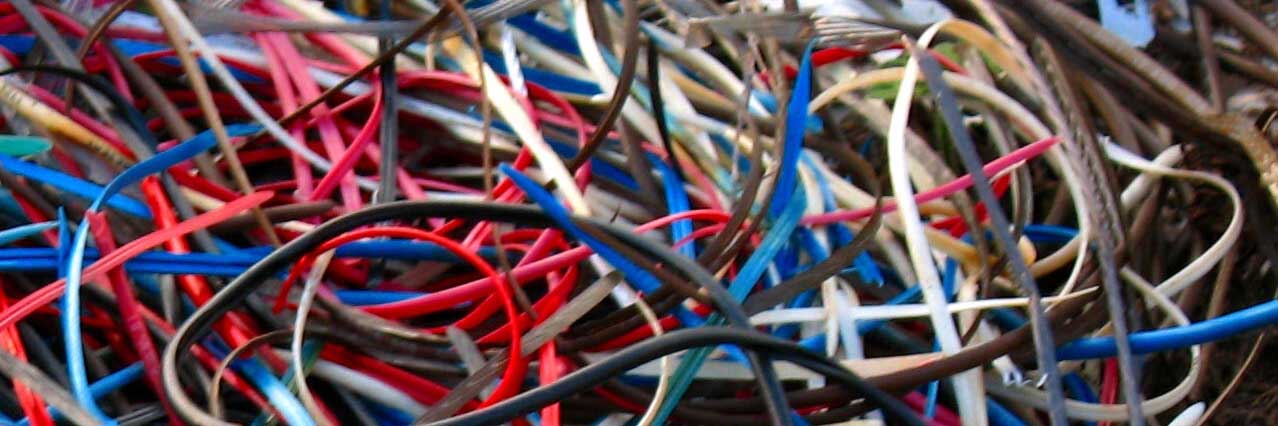
More News
- Apple’s support for Right to Repair opens doors in other states: Right to Repair supporters said that the decision by Apple to back a California bill is giving that effort momentum and potentially setting a precedent for other states, Zach Williams reports for Bloomberg Law. Apple’s support of California bill SB 244 that eases restrictions on repairing electronics—after years and millions of dollars lobbying against such laws—suggests a sea change, with manufacturers divided even as Apple, Microsoft, and others seek to limit the impact on their businesses.
- Fairphone playing hard to get with US smartphone buyers: The Fairphone 5 is launching in Europe and the U.K. with no plans for a North American release, according to a report over at Androidcentral. That may be due to the unique requirements of cell phone networks in the U.S. and Canada, which differ from the rest of the world and would require Fairphone to produce a different model just for use in North America. The company offers a 5-year device warranty, easy part replacement, and software support for eight years (2031) ensuring long-term usability.
- New garage lets you repair your own car: U Turn Garage is a DIY automobile repair shop in Pocatello, Idaho, where customers can book appointments to use the facility’s tools, car lift, and a TV to access instructional YouTube videos, offering an affordable and convenient alternative to traditional mechanics.
- The Nokia G42 5G: Nokia is launching in India, promoted as India’s first user-repairable 5G phone, with specifications including a 6.56-inch IPS LCD HD+ display, Qualcomm Snapdragon 480+ chipset, 4GB/6GB RAM, 128GB storage, a 50MP primary camera, 5,000mAh battery, and support for 20W fast charging, along with multiple connectivity options.
- Trek Bicycle has introduced a refurbishment program: The cycling industry’s first manufacturer-led bike trade-in and refurbishment program, allowing customers to return used Trek bicycles for in-store credit to buy new ones, while the used bikes are refurbished and sold on the brand’s website, emphasizing sustainability and reducing waste in line with the company’s commitment to a more sustainable future as outlined in its 2023 Sustainability Report.
- Antitrust is getting a boost: A decline of the consumer welfare ideology, the emergence of grassroots support for anti-monopoly efforts, and the renewed focus on the language and legislative history of antitrust statutes is helping move forward wins for everyday people says Stacy Mitchell with the Institute for Local Self Reliance. These changes are seen as a move toward a more democratic and transparent approach to antitrust enforcement, aiming to address economic inequality and corporate concentration.
- Pennsylvania becomes 30th state to introduce repair legislation: The Keystone State has joined the growing momentum of states considering laws that require manufacturers to provide access to parts, tools, and information needed for electronics repair.
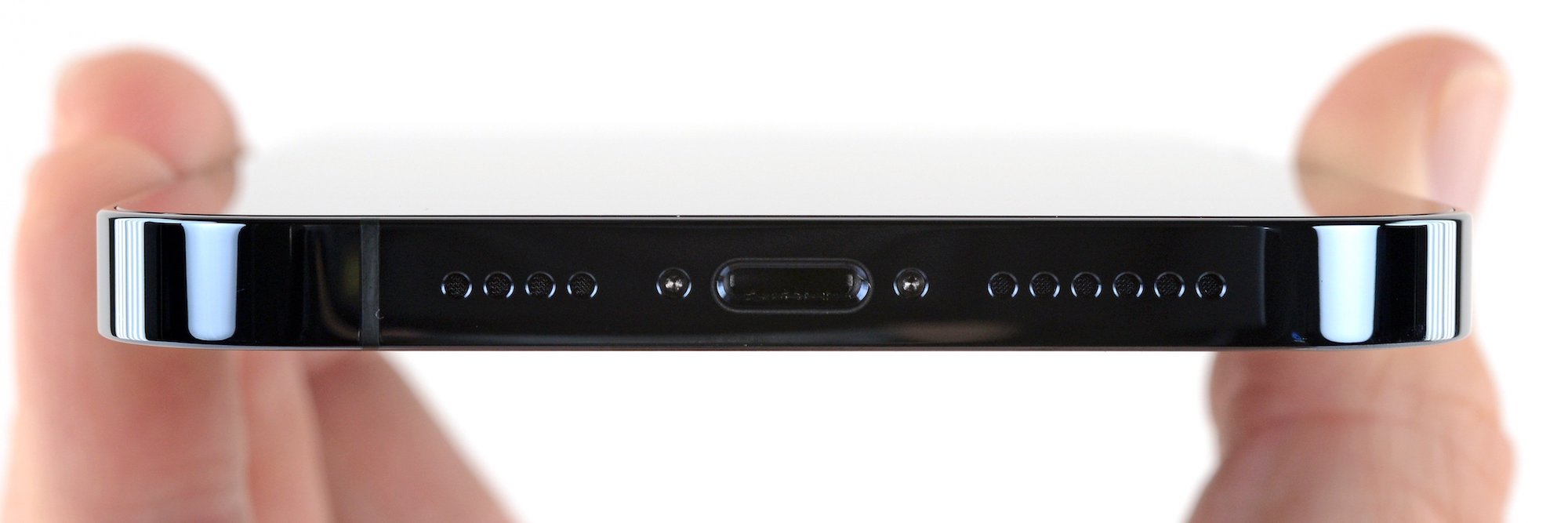

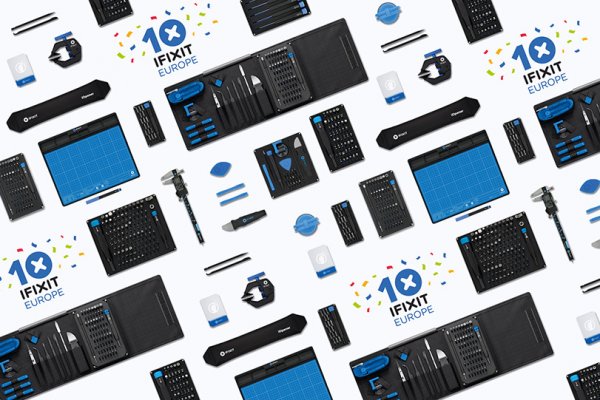
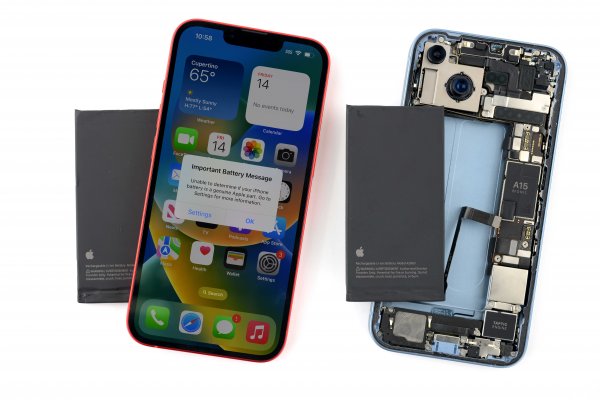
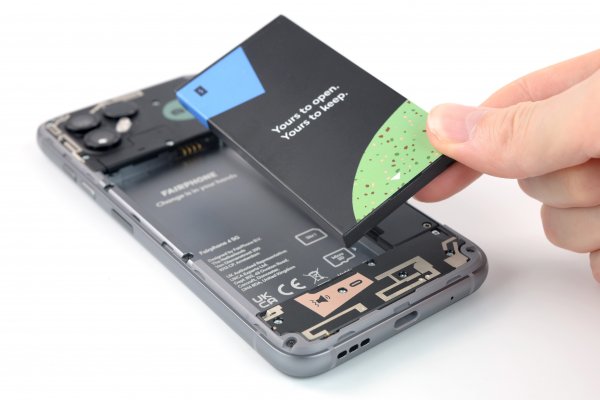
0 Comments